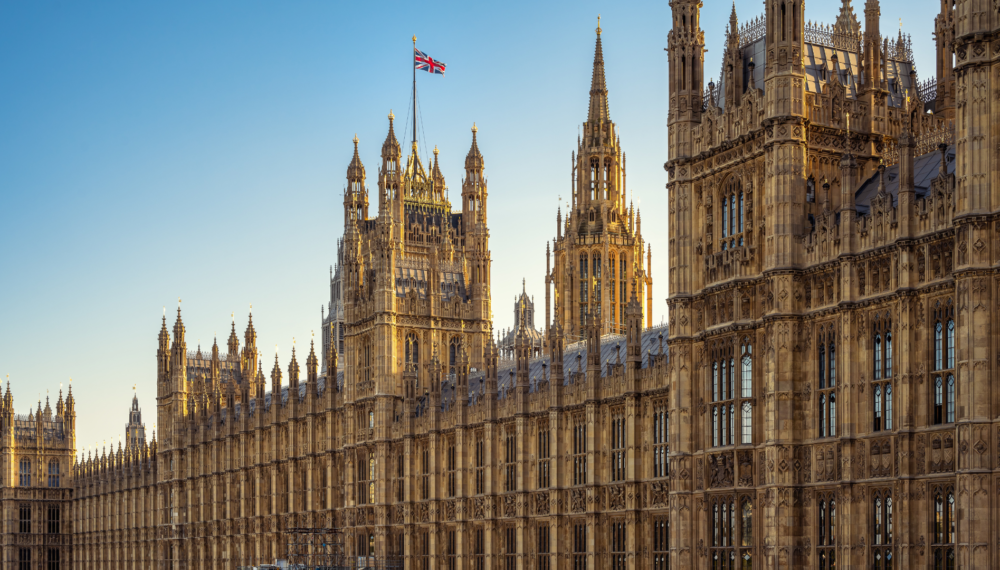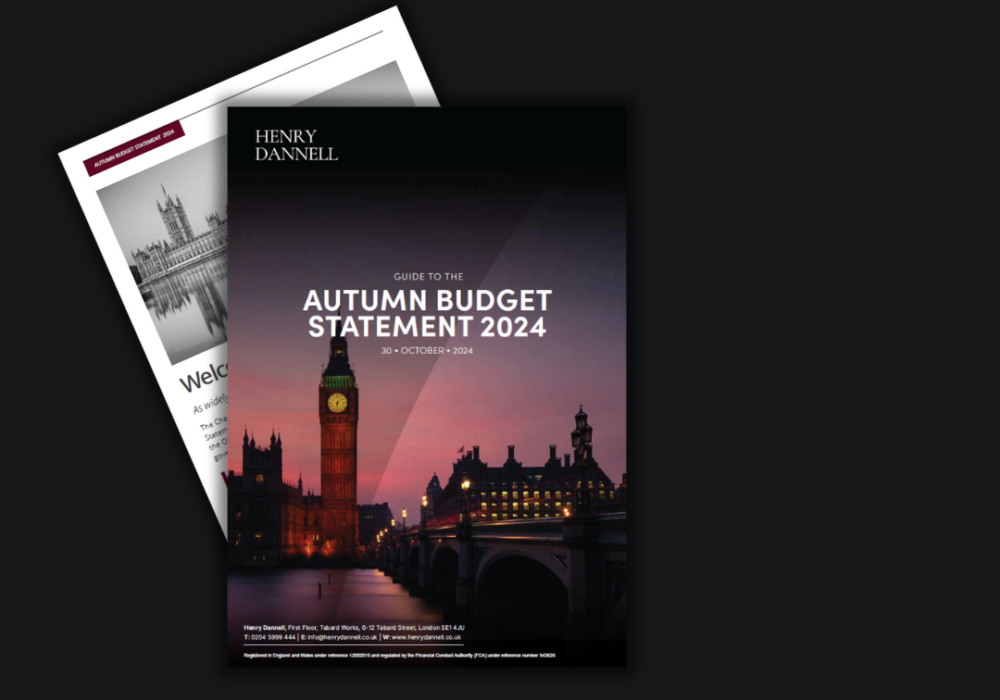
The 2024 Autumn Budget has brought several changes that will impact homeowners, aspiring buyers, and property investors. With all these changes, we’ve cut through the noise to bring you a breakdown of the key updates that could affect your mortgage, protection needs, and property plans.
One of the more noticeable changes in the Budget is the increase in Stamp Duty Land Tax on second homes. From October 31 2024, the surcharge on additional properties will rise from 3% to 5%. This could make second homes, buy-to-let properties, and investment purchases pricier, potentially reshaping the landscape for property investors.
What This Means for You
If you’re considering an investment property or second home, this update might impact your borrowing power and overall returns.
Starting April 6 2025, domicile status will be removed from the UK tax system and replaced by a residence-based approach. This change will affect UK residents whose permanent home (domicile) is outside the UK for tax purposes. Under this new regime, individuals opting in will not pay UK tax on foreign income and gains (FIG) for their first four years of UK tax residence. Additionally, from April 6, 2025, the government will introduce a new residence-based system for Inheritance Tax (IHT), ending the use of offshore trusts to shelter assets from IHT.
Furthermore, temporary repatriation relief will be extended to three years, and the planned 50% tax reduction for foreign income in the first year will be removed.
What This Means for You
This new residence-based regime includes “internationally competitive arrangements” for those temporarily in the UK, impacting clients with non-UK domiciled status. Offshore trusts will no longer serve as IHT shelters, and transitional arrangements will support individuals with existing plans based on current rules.
This shift represents a significant change to tax planning and estate strategies for clients with non-UK domicile status. Reviewing your financial and tax arrangements now could help you prepare for the upcoming adjustments in 2025.
In a significant shift announced by the Chancellor, inherited pensions will become subject to Inheritance Tax (IHT) from April 2027. This marks a departure from previous rules where pensions were excluded from IHT calculations. Currently, pensions are usually passed on tax-free if you die under the age of 75 – or taxed at the beneficiaries’ marginal rate of Income Tax if you die over 75 – but in most cases, pensions don’t attract IHT.
This change is expected to impact roughly 8% of estates annually, as those who have heavily saved in pensions to lower their IHT liabilities may now face new tax burdens.
Additionally, the IHT tax-free threshold remains frozen at £325,000 (covering property, money and possessions) until 2030. If your assets include the family home that you’re passing on to children or grandchildren, you also receive up to a £175,000 residence nil rate band. As property and asset values rise, more estates will likely fall above this threshold, incurring IHT at the standard 40% rate.
What This Means for You
If you’ve been using pension contributions as a tax-efficient way to build wealth and shelter assets, this update may prompt a reassessment of your estate strategy and tax liability. Now is a good time to review your financial plans with a mortgage and protection adviser who can help by providing tailored protection policies to minimise future tax liabilities and preserve as much of your estate as possible for your loved ones.
The Chancellor confirmed that the lower Capital Gains Tax (CGT) rate will rise from 10% to 18%, while the higher rate will increase from 20% to 24%. This change means you might face higher taxes on profits from selling assets like shares. Previously, those with gains above the threshold had to pay 20% on profits from assets such as shares, or 24% from selling additional property. Rates on residential property will remain at 18% and 24%, respectively.
Additionally, the Chancellor announced that Capital Gains Tax on carried interest will increase from 28% to 32%, aiming for a fairer tax approach in the fund management industry. To support business investment, the lifetime limit for Business Asset Disposal Relief will stay at £1 million, with the tax rate remaining at 10% this year, rising to 14% in April 2025 and 18% in 2026/27.
What This Means for You
If you have a substantial portfolio, especially one involving non-property assets like shares or managed funds, these Capital Gains Tax (CGT) increases could impact your returns significantly as your portfolio profits may be subject to greater tax liabilities, which can affect your overall investment strategy and post-tax returns.
While these CGT increases apply to many assets, residential property rates remain steady, offering some stability in this part of your portfolio.
The government will increase the rate of employer NICs from 13.8% to 15% from 6 April 2025. In addition, the government will reduce the Secondary Threshold to £5,000 a year from 6 April 2025 until 6 April 2028, and then increase it by Consumer Price Index (CPI) thereafter. The Secondary Threshold is the point at which employers become liable to pay NICs on employees’ earnings, and is currently set at £9,100 a year.
The Employment Allowance currently allows businesses with employer NICs bills of £100,000 or less in the previous tax year to deduct £5,000 from their employer NICs bill. The government will increase the Employment Allowance from £5,000 to £10,500, and remove the £100,000 threshold for eligibility, expanding this to all eligible employers with employer NICs bills from 6 April 2025.
What This Means for You
If you’re a business owner planning property purchases, this change might impact your bottom line and, subsequently, your ability to qualify for certain mortgages or property investments based on profits.
The government’s Mortgage Guarantee Scheme, originally introduced to help buyers with smaller deposits, may soon become a permanent fixture. This scheme supports lending up to 95% loan-to-value (LTV), making homeownership more accessible to first-time buyers and those with limited savings.
What This Means for You
For buyers worried about saving a sizable deposit, a permanent MGS could make it easier to step onto the property ladder with more confidence. With high-LTV mortgage support potentially available long-term, now might be the ideal moment to discuss whether you could be eligible for this scheme and bring your goal of homeownership within reach sooner than expected.
The Budget includes proposals for a five-year social housing rent settlement set at CPI+1%, providing more predictable rent levels for tenants. For those in the social housing sector, this commitment promises stability and could improve the quality and availability of affordable housing options.
What This Means for You
If you’re considering shared ownership or looking into affordable housing options, the planned rent stability could offer reassurance. With more predictable rents and additional government support, social housing might become an increasingly viable stepping stone for those planning to buy or invest in the future.
Navigating these updates can feel complex, especially if you’re planning property investments, purchasing a new home, or looking for ways to protect your finances. Our team of experienced mortgage and protection advisers are here to help. We can provide guidance tailored to your unique financial situation, ensuring that you make informed decisions in light of the latest Budget changes.
For a more comprehensive overview of all of the Budget announcements and changes that may affect you, you can download our guide here.
